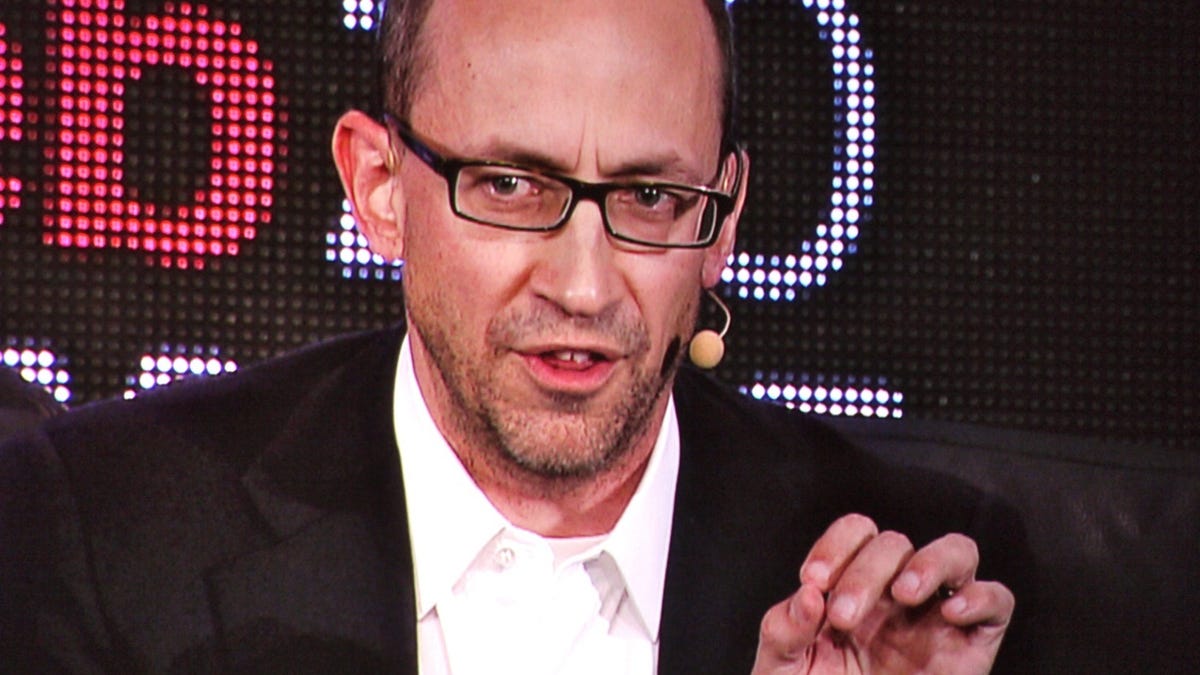Twitter CEO: 250 million tweets a day--now what?
CEO Dick Costolo tells an audience at the Web 2.0 Summit that Twitter's key challenge is to separate the "signal from the noise.

SAN FRANCISCO--Twitter CEO Dick Costolo took to the state of Web 2.0 Summit here tonight and, in a far-reaching conversation, talked bluntly about the 5-year-old company's goals.
"We have lofty ambitions," Costolo said in a conversation with John Battelle, whose company, Federated Media, sponsors the conference. "We want to be part of the fabric over every communication in the world, and we think we can reach every person on the planet."
That goal, he said, makes Twitter distinct from what Facebook and Google+ is trying to achieve, which he described as social "as an end in itself."
But every person? That's tall talk, for sure, but Twitter's stats are remarkable:
• Twitter now delivers almost 250,000 million tweets every day, up from 100 million a day at the beginning of this year. For more perspective, he said it took three years and two months to for Twitter to deliver its first billion tweets.
• Twitter now has 100 million active global users, half of whom log in every day.
• Mobile is growing 40 percent each quarter. With the release of Apple's iOS 5 last week--a system that closely integrates Twitter--the daily sign up was up three times. "And that was just on the first day," Costolo said.
All that growth and all those tweets create an overwhelming stream of content. And therein lies Twitter's problem: How to make sense of all those tweets and turn it into a business that lives up to the roughly $8 billion valuation the company now holds in the private markets.
"Is that your greatest opportunity or greatest problem?" Battelle asked of the soaring growth?
"Yes," joked Costolo.
He explained that the company is intensely focused on figuring out ways to deal with the volume and deepen engagement. "We need to be able to surface that content so people coming for the first time and discover what's happening in their world and in the world," he said. "To separate the signal from the noise."
That challenge, Battelle said, sounds like that of a fast-growing media company. And in some ways, that's exactly what Twitter is. The difference, of course, is that the content is all in 140-character bursts and is user generated.
Increasingly, of course, Twitter is injecting ads, in the form of promoted tweets and trends. Costolo said Twitter would roll more kinds of ads because it's important for Twitter to help businesses "amplify the communications they're already having on Twitter."
He was careful to point out, however, that any such changes would stick close to what Twitter fans are used to. So while he acknowledged Twitter will start to surface richer content, he jokingly encouraged people not to misread that.
"Now the headlines will be: 'Costolo: Movie ads coming to Twitter,'" he said. "That won't happen. Twitter will introduce ads that resonate with what Twitter users are used to."
Giant growth and adaption far beyond the Silicon Valley crowd leads to question that always comes up: when will Twitter go public?
Costolo scoffed, saying Twitter has raised more money--$800,000 million--than it needs for a long time, so the need to go public just isn't there.

